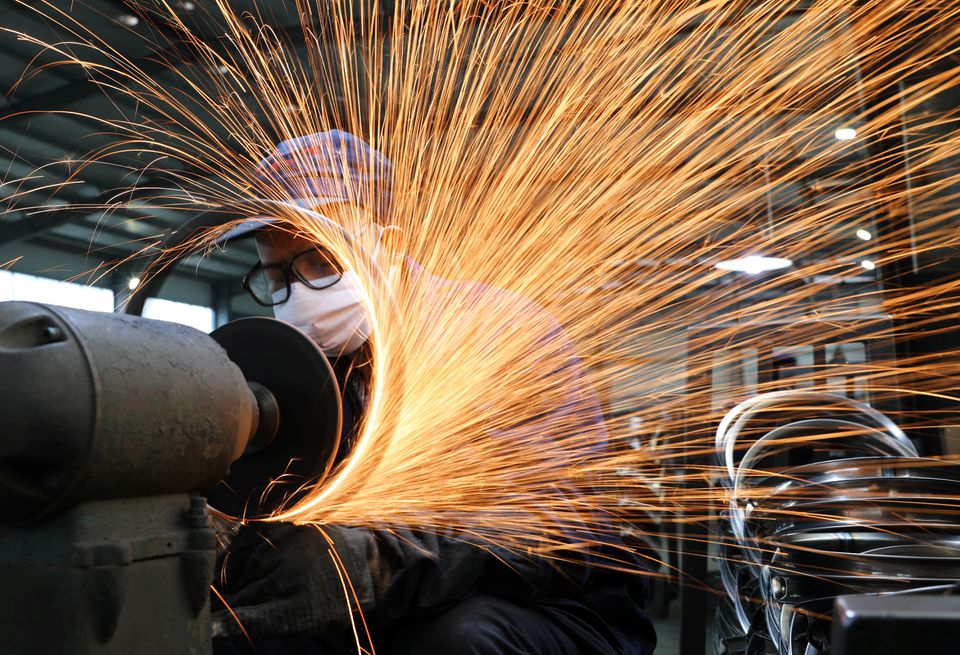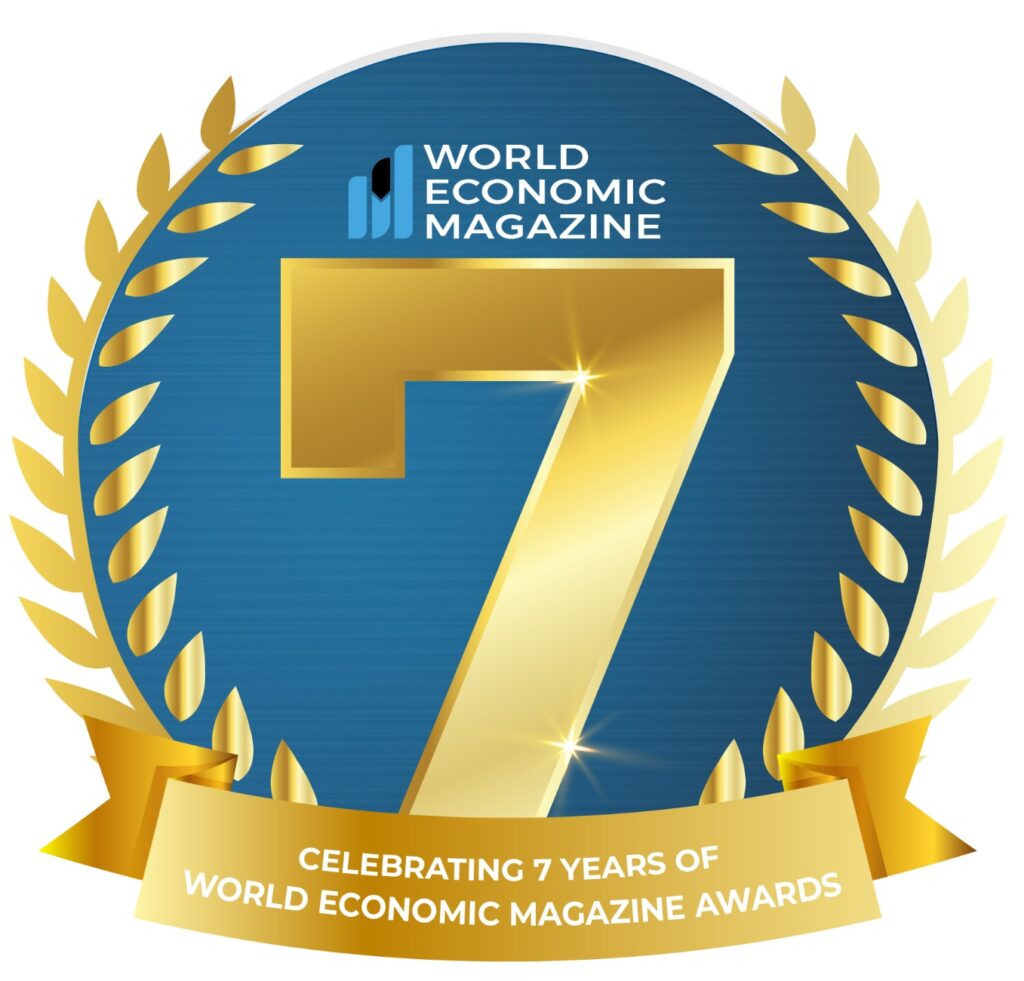
China manufacturing slows as supply shortages roil Asia industry
BEIJING, June 30 (Reuters) – Growth in China’s June factory activity dipped to a four-month low on higher raw material costs, a shortage of semiconductors and a COVID-19 outbreak in the major export province of Guangdong, amid wider supply chain disruptions in Asia.
The chip supply crunch has hammered other manufacturing powerhouses in Asia. Industrial output in Japan and South Korea slumped in May from the previous month as auto production declined due to semiconductor shortages, adding to concerns of flagging momentum in their respective economies. read more
China’s June official manufacturing Purchasing Manager’s Index (PMI) eased slightly to 50.9 versus 51.0 in May, data from the National Bureau of Statistics showed on Wednesday. It, however, exceeded analysts’ forecast for a slowdown to 50.8.
It remained above the 50-point mark that separates growth from contraction on a monthly basis.
The soft factory activity data aided a rebound in Chinese
stocks on Wednesday as it eased fears of policy tightening.
“This was largely a result of COVID, which has affected factory output and also new export orders due to the rising waves of infections and resultant restrictions in some neighbouring economies,” said Iris Pang, Great China chief economist at ING.
“Overall, (it’s) not a great month but no really worrying signs … China’s growth rate is still positive, though it would be a lot lower in H2 than H1, mostly because of the change in base effects,” said Pang, referring to year-ago comparisons with 2020’s pandemic disruptions.
The sub-index for production eased to 51.9, a four-month low, from 52.7 the previous month. Zhao Qinghe, a senior statistician at the NBS, attributed the slowdown in production to constraining factors such as a shortage of semiconductors, inadequate coal supply, a power crunch and maintenance of equipment.
A shortage of coal supply in China’s southern regions, which started in mid-May, hit factory operations though the government has said the power crunch should ease soon. read more
New export orders fell for a second consecutive month in June and at a faster pace, likely due to the global resurgence of COVID-19 variants, forcing some countries to reimpose lockdowns.
A sub-index for raw material costs in the official PMI stood at 61.2 in June, compared with May’s 72.8, as the government cracked down on high raw material prices.
BRIGHT SPOTS
Growth in new orders, however, picked up, as domestic demand improved.
Economists at Nomura believe the PMI prints were still solid in the second quarter, despite recent sequential moderation, pointing to the resilience of China’s economy amid the recent resurgence of infections in Guangdong province.
“We expect the official manufacturing PMI to rebound slightly to 51.2 in July, thanks to the release of pent-up demand following the containment of latest wave of COVID-19, the recovery of some South China ports, and the relaxation of safety and environmental protection rules imposed before the 100th anniversary of the ruling party’s foundation.”
The world’s second-largest economy has largely recovered from disruptions caused by the pandemic, with the consumption and service sectors seen catching up to exports and manufacturing, though gross domestic product growth is set to moderate.
“Much of the recovery has occurred and the momentum is slowing. Combined with a relatively higher base, this means year-on-year GDP growth is expected to slow to 7.2% in Q2 from 18.3% in Q1,” said analysts at HSBC.
However, in two-year average terms, they expect growth to pick up to 5.2% from 5.0%, though this is still below pre-pandemic levels of 6.0% growth.
The official non-manufacturing Purchasing Managers’ Index (PMI) fell to 53.5 in June from 55.2 in May, a separate survey from the NBS showed, dampened by a sharp pull-back in the recovery of the services sector due to local COVID outbreaks.
The construction index held steady at 60.1, although analysts expect the sector to face headwinds amid Beijing’s clampdown on the property market.Additional reporting by Colin Qian; Editing by Jacqueline Wong
Our Standards: The Thomson Reuters Trust Principles.






